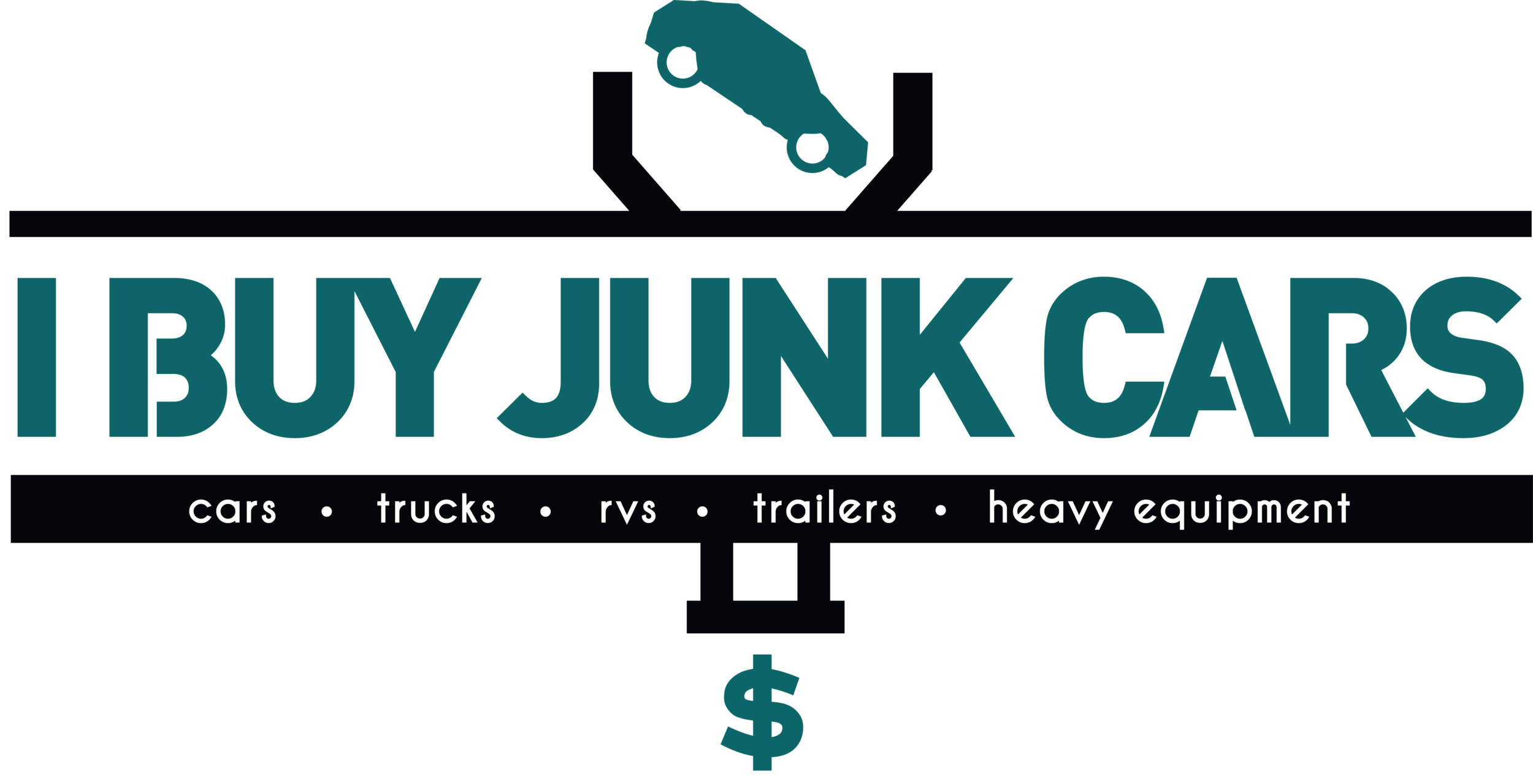Junk Car Removal vs. Car Donation: Which is Better?
Both junk car removal services and car donation organizations offer distinct advantages, and knowing the differences between these options can lead to better outcomes.
Understanding the options available for disposing of an old vehicle helps owners make informed decisions that align with their financial and charitable goals. Both junk car removal services and car donation organizations offer distinct advantages, and knowing the differences between these options can lead to better outcomes.
Financial Considerations
Professional junk car buyers typically offer immediate cash payments based on the vehicle's weight, condition, and current scrap metal prices. Market fluctuations affect the offered amount, but reputable buyers maintain competitive rates. Some vehicles command higher prices if they contain valuable parts or materials.
Car donations generally provide tax deductions rather than immediate cash. The deduction amount relies on how the charity uses the vehicle and what it sells for at auction. Donors can deduct the actual sale price when a charity sells the car, which might be lower than the fair market value.
Environmental Impact
Junk car removal services often focus on recycling and proper disposal of automotive materials. Professional recyclers dismantle vehicles systematically, separating metals, plastics, and hazardous materials. Modern recycling facilities can recover up to 80% of a vehicle's materials for reuse.
Donated vehicles may continue operating if they meet roadworthy standards, potentially extending their environmental impact. However, many charitable organizations partner with recycling facilities for vehicles beyond repair, following similar environmental practices as junk car buyers.
Time and Convenience
A professional junk car buyer typically completes the process within 24-48 hours. Representatives handle paperwork, vehicle removal, and payment processing efficiently. Most services offer free towing, eliminating transportation concerns for non-running vehicles.
Car donation processes require more time and documentation. Charities must evaluate vehicles, arrange transportation, and provide necessary tax documents. Some organizations maintain waiting lists during busy periods, potentially extending the timeline.
Documentation Requirements
Junk car removal services require basic ownership documentation and valid identification. Professional buyers handle title transfers and provide receipts for the transaction. Local regulations might necessitate additional paperwork, but experienced buyers guide owners through requirements.
Donating vehicles involves more extensive documentation for tax purposes. Charitable organizations must provide specific forms and acknowledgments. Donors must maintain detailed records of the donation process and subsequent sale price for tax filing purposes.
Vehicle Condition Considerations
Professional junk car buyers accept vehicles in any condition. Damaged, non-running, or salvaged vehicles still hold value for their materials and parts. Buyers evaluate vehicles based on weight and salvageable components rather than operational status.
Charities often prefer better-quality vehicles that can be sold at auction or provided to beneficiaries. Some organizations accept non-running vehicles but might offer lower tax deductions due to reduced sale values. Programs focusing on job training might specifically seek repairable vehicles.
Long-term Benefits
Selling to a junk car buyer provides immediate financial returns without ongoing responsibilities. Once the transaction is completed, owners can utilize the funds as needed. Professional buyers handle all subsequent vehicle processing and recycling requirements.
Car donations offer potential long-term tax benefits and support charitable causes. Organizations use vehicle donations to fund various programs, creating lasting community impact. Regular donors might develop ongoing relationships with charitable organizations, leading to additional giving opportunities.
Market Value Assessment
Professional junk car buyers base offers on current market conditions and material values. Experienced buyers provide transparent pricing explanations, and honor quoted amounts. Reputable companies maintain relationships with recycling facilities and parts retailers to maximize vehicle values.
Charitable organizations might provide preliminary value estimates but cannot guarantee final deduction amounts until vehicles are sold. Market conditions and auction results influence actual tax benefit values. Organizations typically provide documentation of final sale prices for tax purposes.
Process Transparency
Reputable junk car buyers maintain clear communication throughout the removal process. Professional services explain pricing factors, removal procedures, and required documentation upfront. Established buyers often provide customer reviews and testimonials demonstrating service reliability.
Charitable organizations should offer similar transparency regarding vehicle processing and tax documentation. Legitimate charities provide detailed information about how donations support their missions and maintain clear communication with donors throughout the process.
Making the Choice
Selecting between junk car removal and vehicle donation depends on individual circumstances, priorities, and desired outcomes. Professional junk car buyers offer straightforward transactions with immediate financial benefits, while donations provide tax advantages while supporting charitable causes. Understanding these differences allows vehicle owners to make choices aligned with their specific needs and values.
If you are in the Phoenix Metro area and want a no-hassle cash quote for an old, wrecked, unwanted, salvage or burned car, SUV, van or truck, give us a call at I Buy Junk Cars. 480-771-8290.

